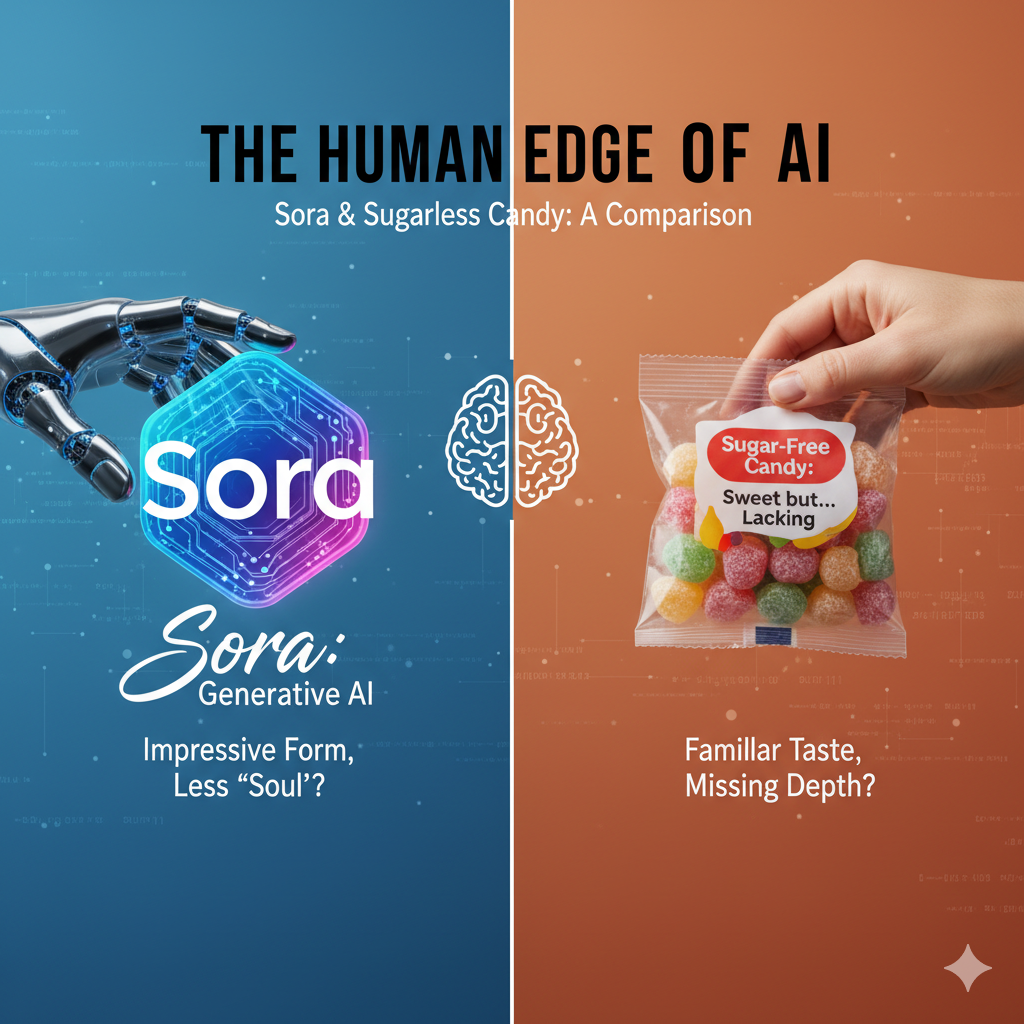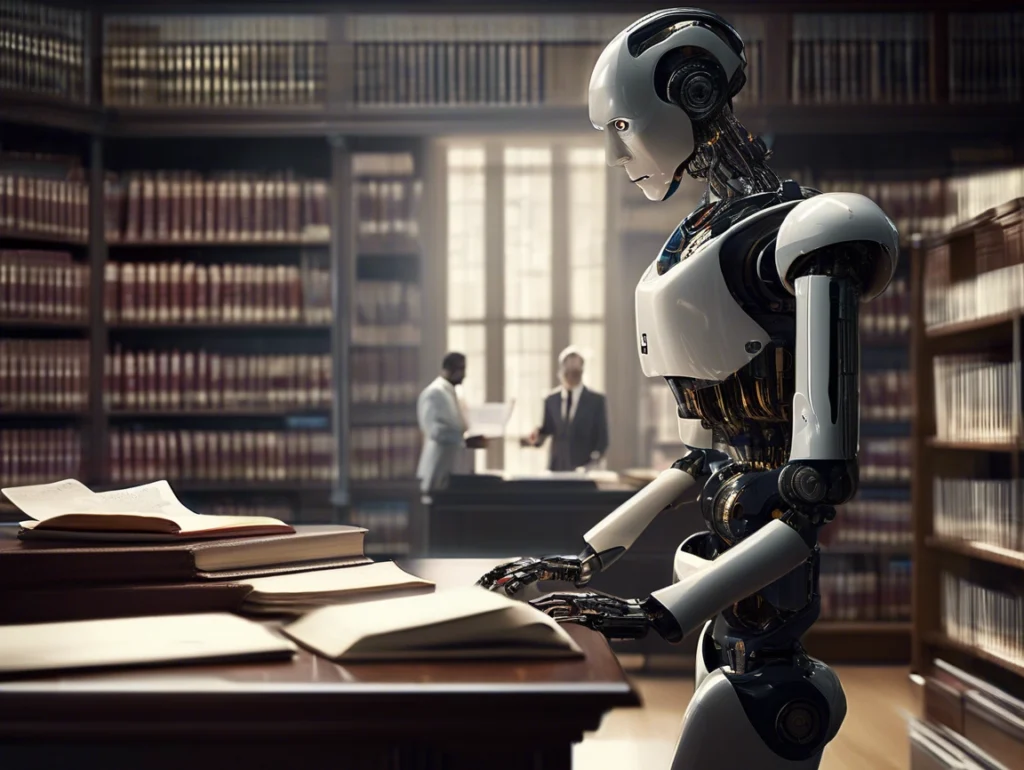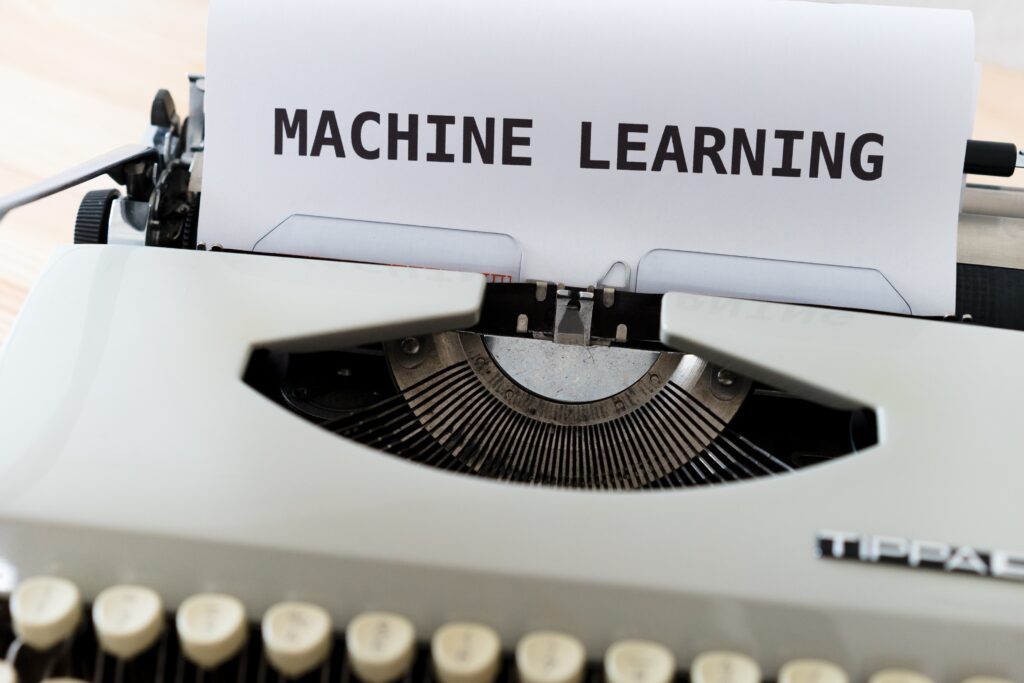Dominoes Keep Falling: The ‘Circular Slop’ AI Chicken-or-Egg Problem
How generative AI’s free-rider loop is testing the value of creation —from music and reference works to UGC platforms and beyond By Lili Kazemi | General Counsel & AI Policy […]
Dominoes Keep Falling: The ‘Circular Slop’ AI Chicken-or-Egg Problem Read More »







